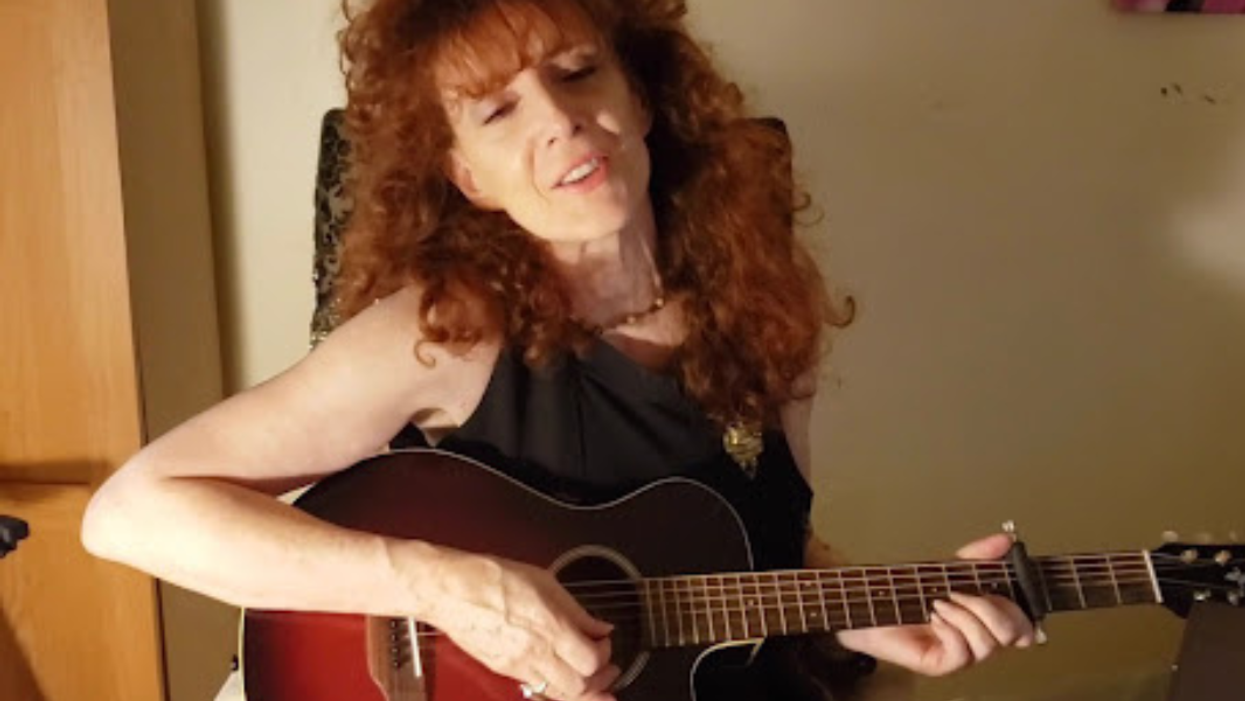David Nevins is co-publisher of The Fulcrum and co-founder and board chairman of the Bridge Alliance Education Fund.
The pop-culture section of The Fulcrum was created based on the belief that music, theater, film and the arts in general serve a valuable role in expressing the feelings and emotions around the news that we report on. The goal is to heighten our readers’ interest in becoming involved and working toward a stronger and more vibrant democracy.
Every so often, I come across an artist that reinforces my belief in this connection between democracy and the arts. As the great American singer, songwriter and civil rights activist Nina Simone said in 2013:
"An artist's duty, as far as I'm concerned, is to reflect the times. I think that is true of painters, sculptors, poets, musicians. As far as I'm concerned, it's their choice, but I CHOOSE to reflect the times and situations in which I find myself. That, to me, is my duty. And at this crucial time in our lives, when everything is so desperate, when everyday is a matter of survival, I don't think you can help but be involved. Young people, black and white, know this. That's why they're so involved in politics. We will shape and mold this country or it will not be molded and shaped at all anymore. So I don't think you have a choice. How can you be an artist and NOT reflect the times? That to me is the definition of an artist."
Last week, I had the great fortune of meeting Candace Asher, a songwriter and performer, who told me of an experience of how a moment in history impacted her artistic journey. As we talked, I learned that there has always been a social-change-maker part of her that is a deep part of her soul. Her music crafts strong lyric messages that she hopes, “will inspire people, especially youth, to cope with difficulties, conflicts and pain.”
Prior to our meeting I came across a song by Candace and Jeff Bernstein entitled, “Don't Judge A Heart By Its Color,'' and I asked her what inspired her to write the song along with Jeff.
Candace told me that like so many Americans, she was deeply impacted by the George Floyd killing in May of 2020 and had an urgency as an artist to address the racial divide in America but she wasn’t quite sure how.
I also learned that Candace is a survivor of rape at knifepoint. Her attacker was a race different from her own. The impact on her was unimaginable and the writing of the song also served to help her rise above the attack she had endured.
As a singer-songwriter interested in the use of music to promote healing and change, Candace eventually penned “Don't Judge A Heart By Its Color'' with Jeff Bernstein to help her rise above the attack she'd endured and to inspire others to manage difficult emotions and scars with insight and forgiveness in their life's healing journey.
As so often happens in life, seemingly unrelated situations arise that are useful in allowing us to think about a life situation in a different way. Some of these occurrences are sources of encouragement, some motivating and some help us process the pain before we can move on.
One such occurrence for Candace was coming across a quote by the deceased Supreme Court Justice Ruth Gader Ginsburg:
“I try to teach through my opinions, through my speeches, how wrong it is to judge people on the basis of what they look like, the color of their skin, whether they're men or women.”
Reading that quote was an affirmation for Candace that her song had a message for all and she should sing it for others so they could heal themselves and by doing so heal help heal the racial divide in America. If we do not do so as individuals, the world will never heal.
We present to you “Don't Judge A Heart By Its Color.”


















 "On the Frontlines of Democracy" by Nonprofit Vote,
"On the Frontlines of Democracy" by Nonprofit Vote,

Trump & Hegseth gave Mark Kelly a huge 2028 gift